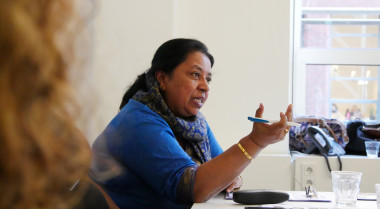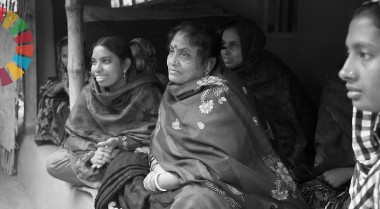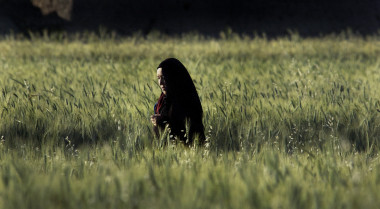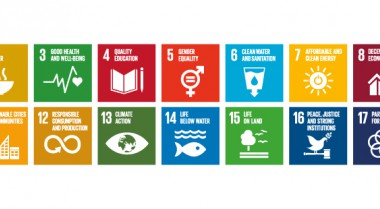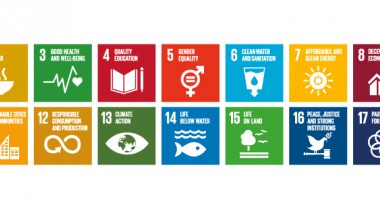
Sustainable Development Goals
The Sustainable Development Goals (SDGs) are relevant in advancing conflict prevention and building peace. They recognise the link between peace and sustainable development, calling for action in both areas. To be practically useful, SDGs need to be localised at the national and sub-national level, where the most effective changes can be achieved.
Together with other civil society organisations, GPPAC lobbied with UN members states and the United Nations in New York to ensure that peace became an integral part of the SDGs. In our background paper 'A Peacebuilding Lens on the Sustainable Development Goals' we highlight how civil society organisations can engage with the SDG agenda and what our members are doing with the SDGs. With our SDG toolkit, we guide peacebuilding actors on how to localise the SDGs by taking concrete actions at local and national level.
Localising the SDGs
GPPAC has worked with its members to localise the SDGs and achieve tangible change. In Ghana and Cameroon, the GPPAC network has already produced national SDG 16+ progress reviews towards peaceful, just and inclusive societies. We learned that we need to accelerate and broaden local people-centred implementation of SDG 16+. This active approach will provide concrete changes on the ground, supporting civil society and their joint work with governments and their partners.
We will continue localising the SDGs by:
-
Developing and using toolkits and training to strengthen local civil society capacities, and raise awareness of SDG 16+;
-
Hosting multistakeholder dialogues to influence national and sub-national priorities and policies, placing SDG16+ into local context;
-
Capacitating local civil society to lead on SDG16+ research and reviews;
-
Creating spaces for policy influencing and learning at national, regional and global levels.
